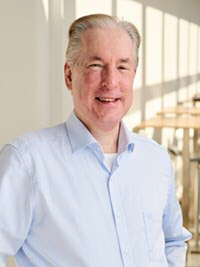Dr André de Hoogh reappointed member of Advisory Commission on International Law Issues (CAVV)

André de Hoogh, associate professor of International Law at our faculty, was reappointed by the Council of Ministers in December as a member of the Advisory Committee on International Law Issues (CAVV). His reappointment is effective as of 1 January 2025.
Advisory body for the government and parliament
The Advisory Committee on International Law (CAVV) is an independent advisory body. It advises both the government and the parliament on issues of international law.
Recent recommendations from the CAVV have concerned the confiscation of property from foreign states (December 2024) and dispute settlement in which an international organization is a party (August 2024). Last year, the committee also advised on the draft conclusions of the International Law Commission on general principles of law.
Also a new member
In addition to the reappointment of De Hoogh, a new committee member was appointed: Dr Cecily Rose. She is an associate professor of Public International Law at the Grotius Centre for International Legal Studies (Leiden University).
This article was published by the Faculty of Law.
More news
-
08 December 2025
Colourful Characters: Bert Röling
